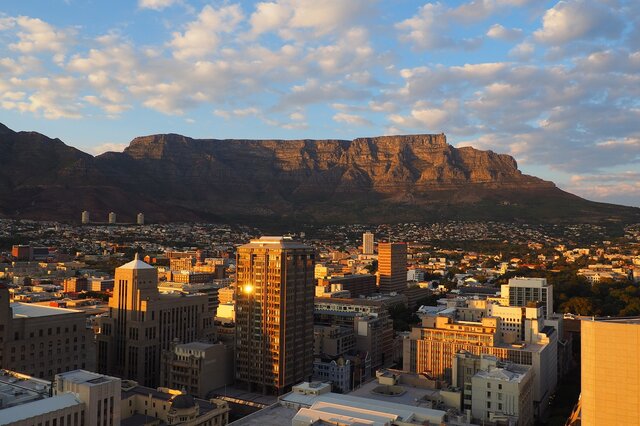Cape Town — Cape Town is globally known for its beauty and pedigree as one of the world’s biggest tourist destinations, however, the city has fallen victim to a rapidly-growing extortion.
Extortion is the practice of obtaining money, goods or services through the use of actual or implied violence or force. It is spreading throughout the city, from bar and restaurant owners in the CBD, to street vendors in Mitchell’s Plain and Khayelitsha, according to a report by the Global Initiative Against Transnational Organised Crime (GI-TOC).
The report identified four main extortion industries, namely the central business district (CBD) night-time extortion economy, Cape Town’s construction mafia. the transport extortion economy, and the township enterprise extortion economy.
“While these four extortion economies are clearly distinct, they are also interlinked, and criminal actors move between them. For example, some figures within the CBD night-time extortion economy are also involved in the construction mafia, transport extortion and, in areas under their control, particularly on the Cape Flats, the township enterprise extortion economy.”
🇿🇦 Extortion is a rapidly worsening problem throughout #SouthAfrica.
This report is the first in a series in which we will examine the corrosive spread of extortion in the country and the threat it poses to its economy and society.
Explore it now ⬇️https://t.co/ONW7lbtFLQ
— Global Initiative (@GI_TOC) April 25, 2024
Cape Town’s extortion economy faces another risk in that it has become increasingly entrenched. The CBD’s night-time extortion has become more normalised and begun expanding into other sectors, while the township enterprise extortion has become pervasive and widely accepted in a relatively short period of time. This is proving to be a concern for the province and the country as a whole.
The report focuses focuses on identifying the types of extortion that have developed in Cape Town and understanding how they operate. The report also looks at the links between extortion and other illicit activities, as well as the infiltration of government institutions, and outlines some responses.
Extortion requires the victim’s consent, even if it is obtained illegally. Victims often avoid reporting the crime, as they do not want people to know that they agreed to the perpetrator’s demands. It also goes unreported due to fear and intimidation.
According to The Citizen, South Africa protection rackets in the 1990s had grown rapidly, led by Cyril Beeka and his associates.
Following Beeka’s assassination in 2011, a new player, Mark Lifman, emerged, seeking to take over Beeka’s territory. Lifman, André Naudé, Jerome ‘Donkie’ Booysen and Colin Booysen merged Beeka’s two security companies with a security company operated by Naudé to form Specialised Protection Services.
Follow African Insider on Facebook, Twitter and Instagram
Picture: Pixabay
For more African news, visit Africaninsider.com
Compiled by Matthew Petersen


